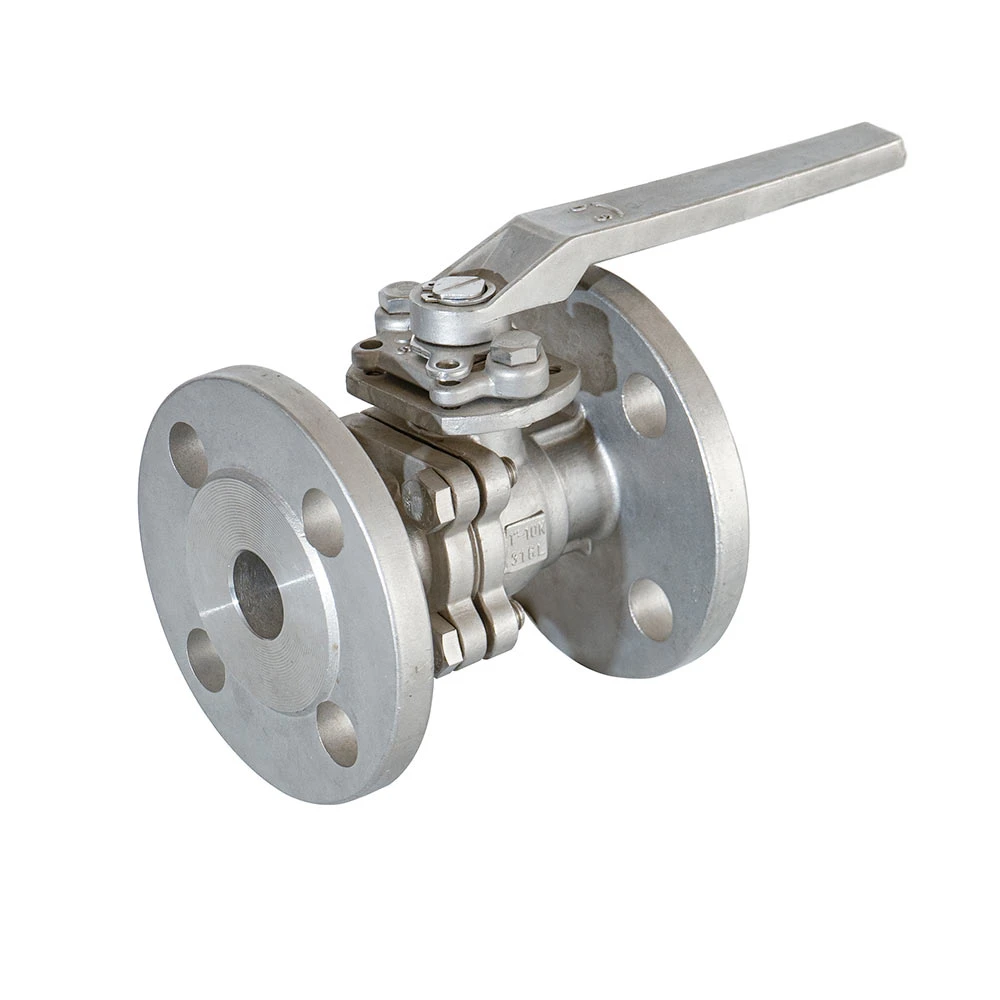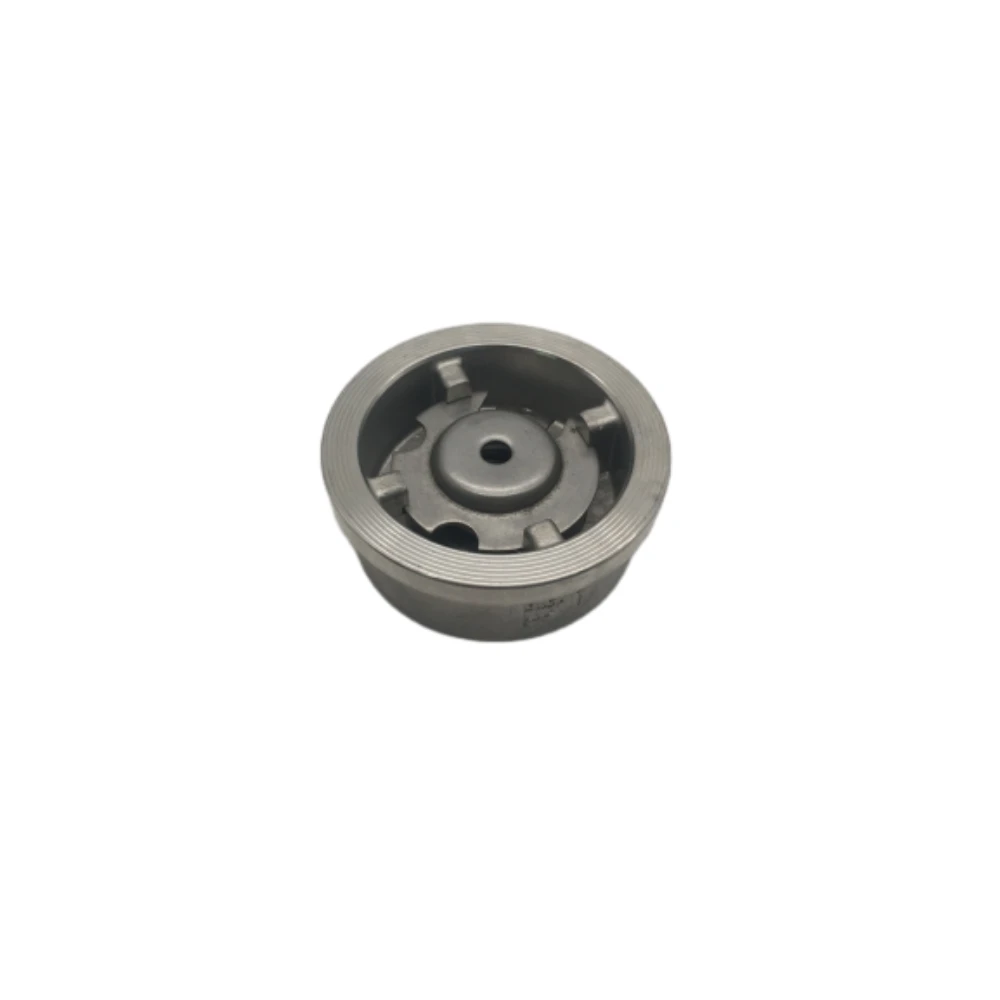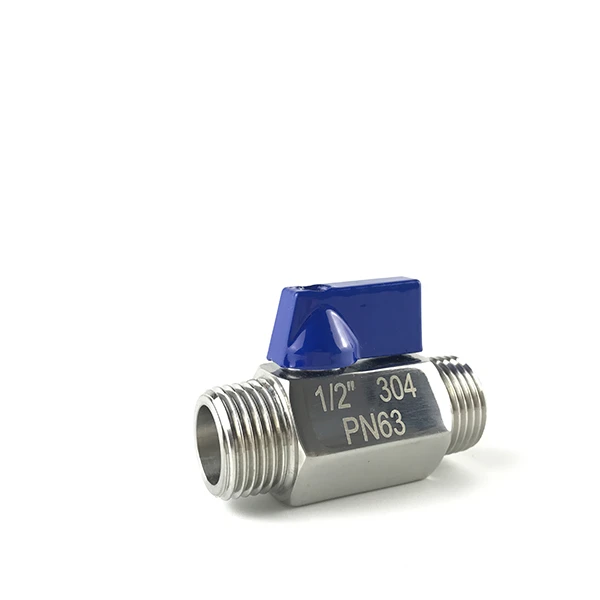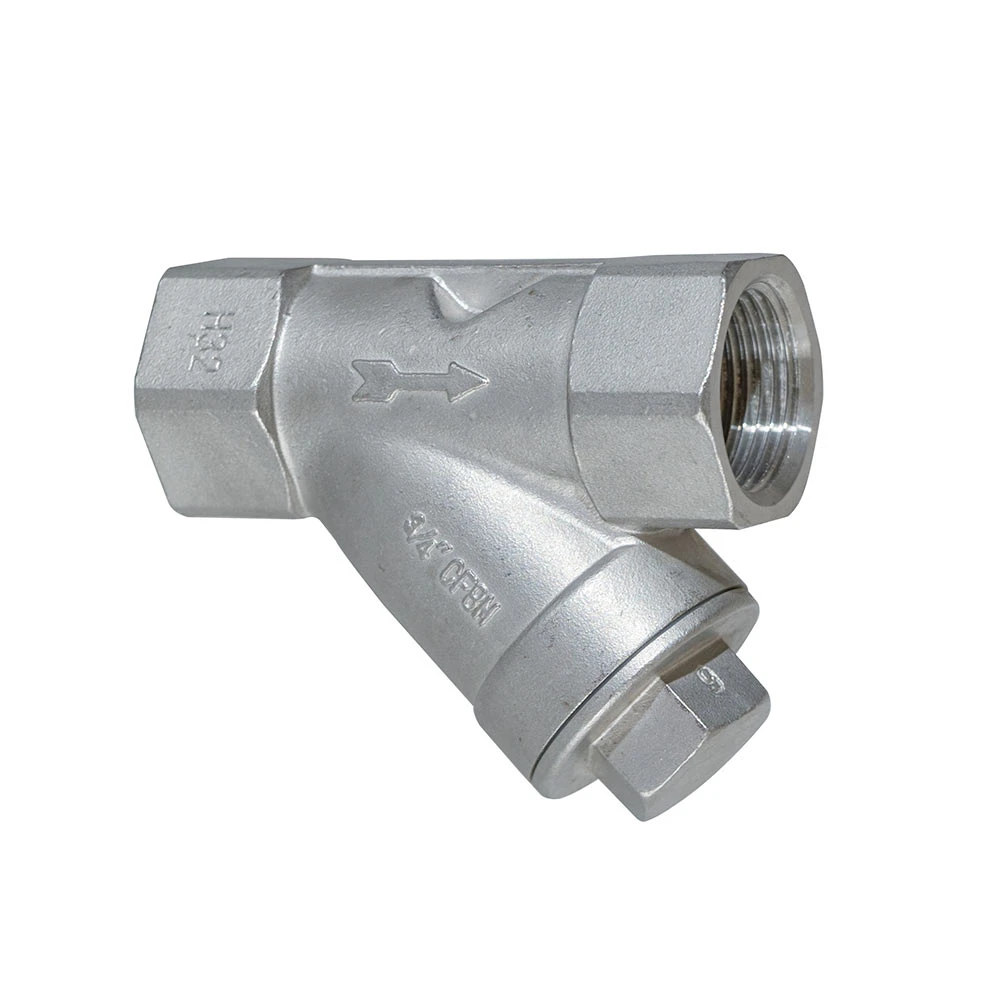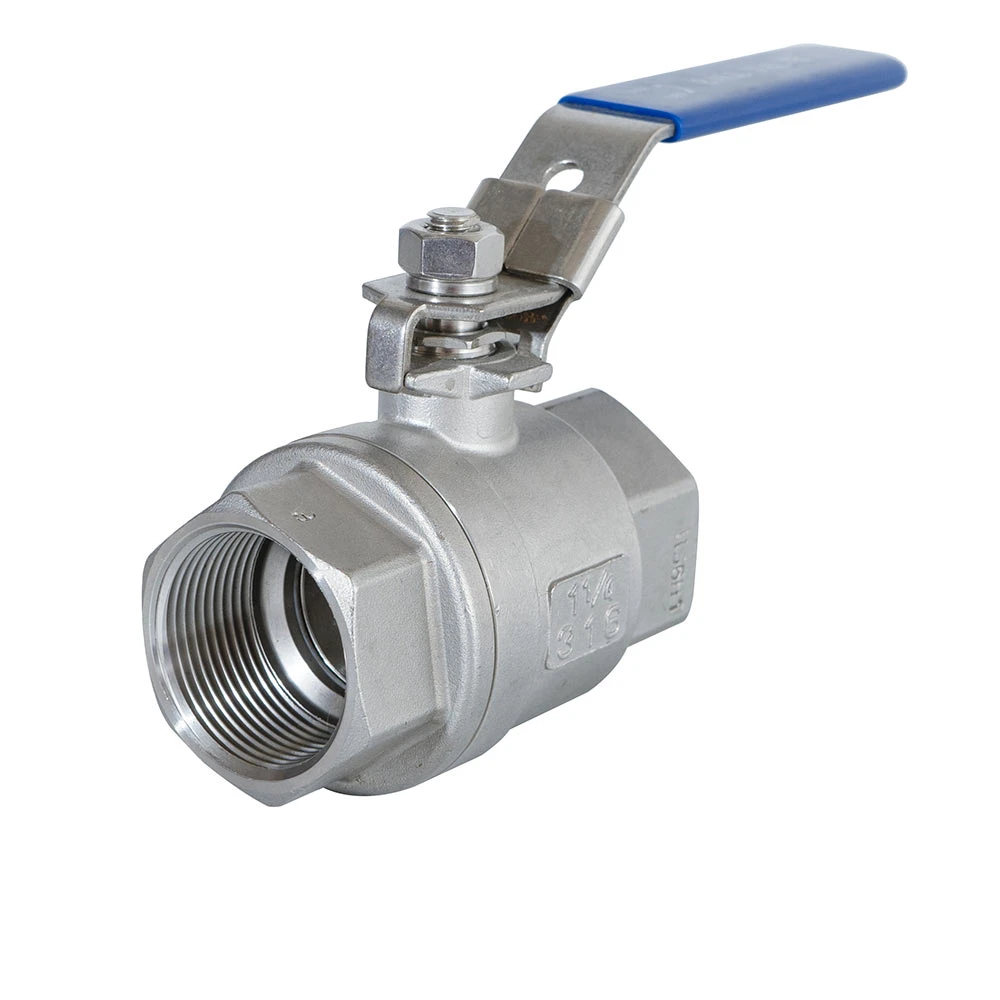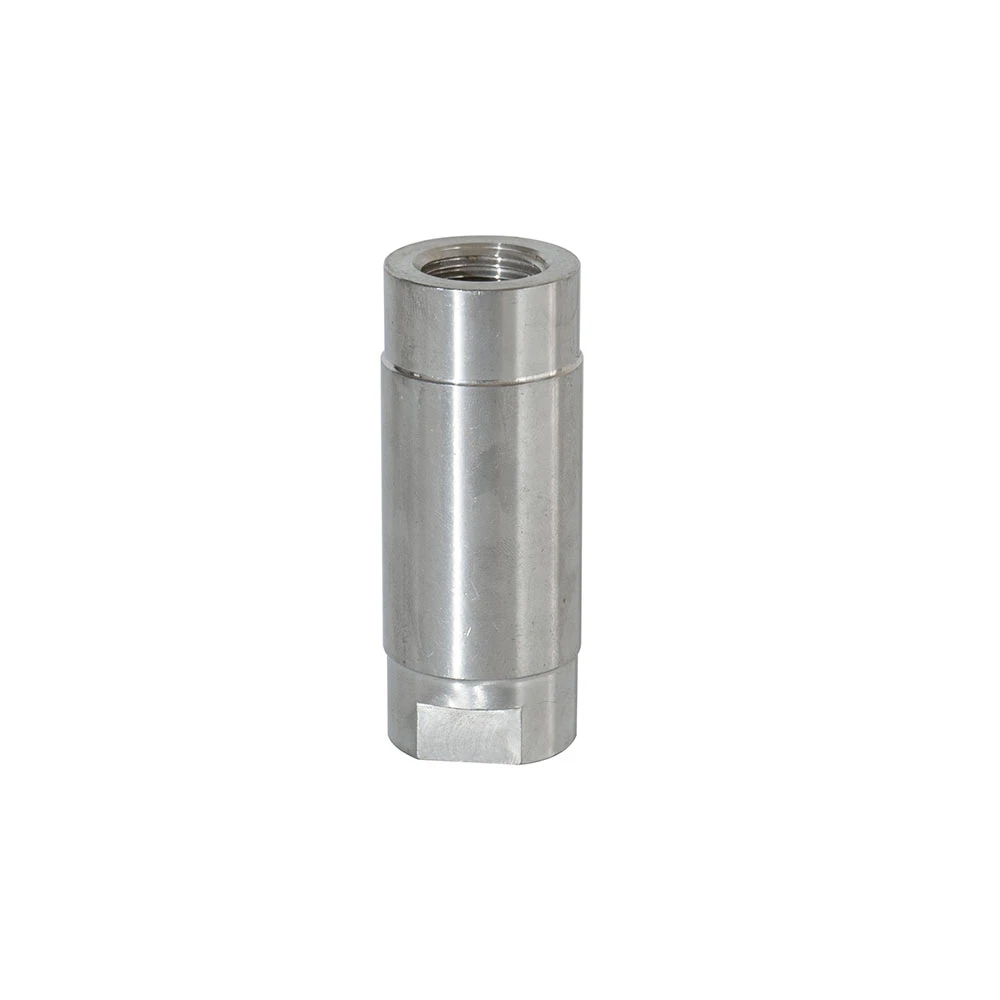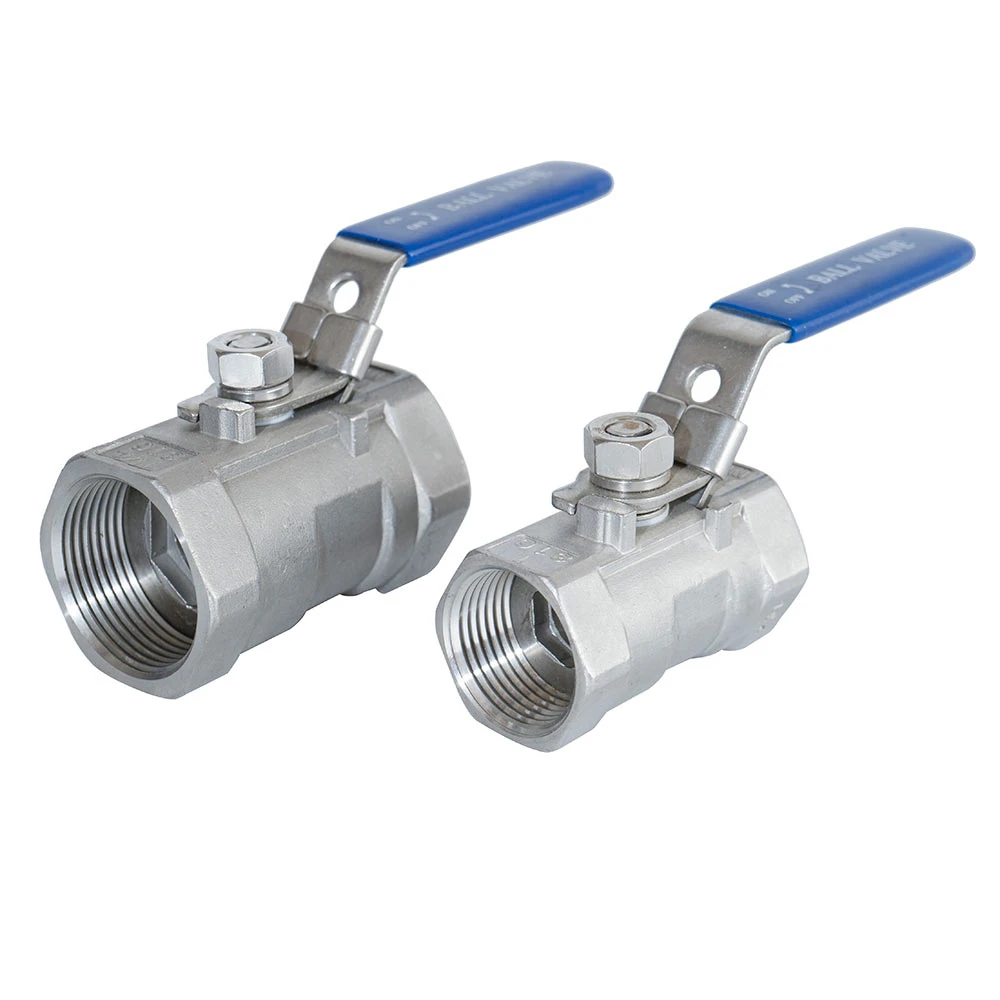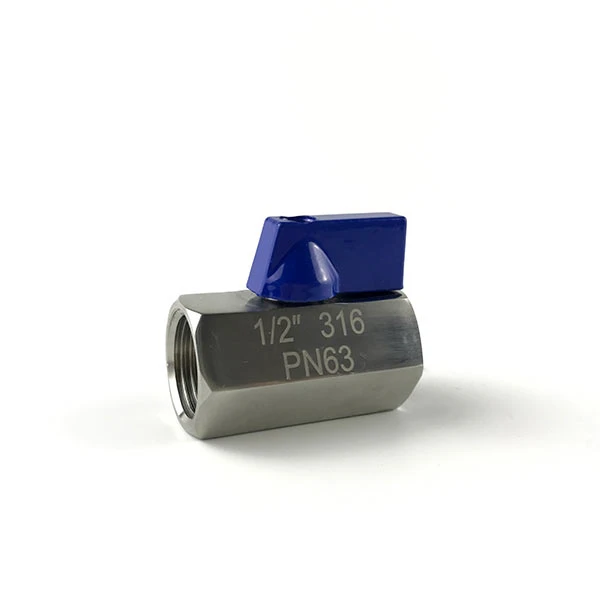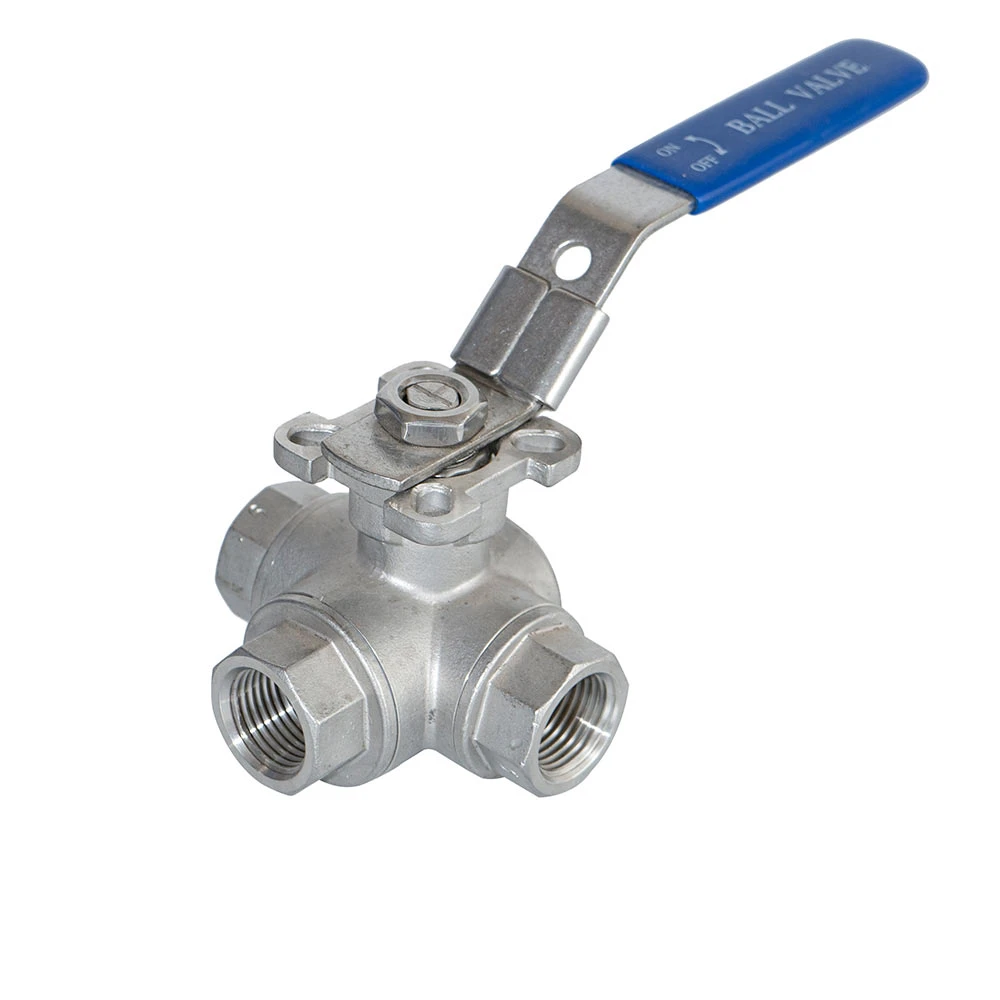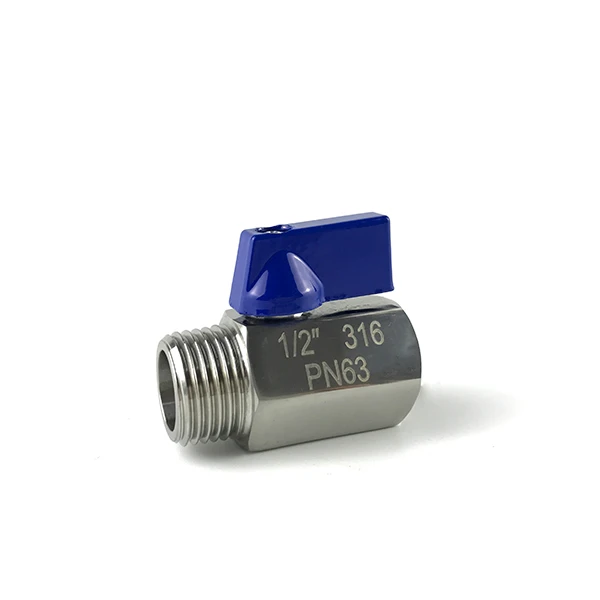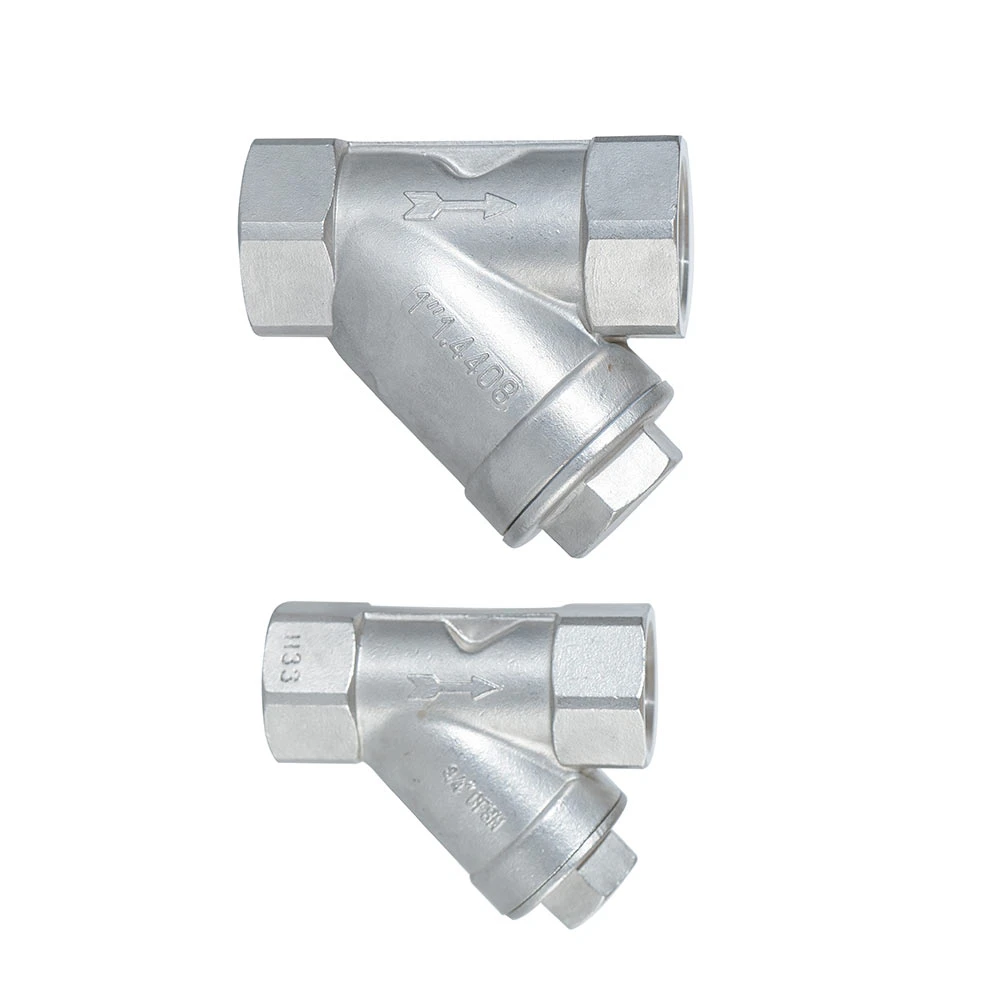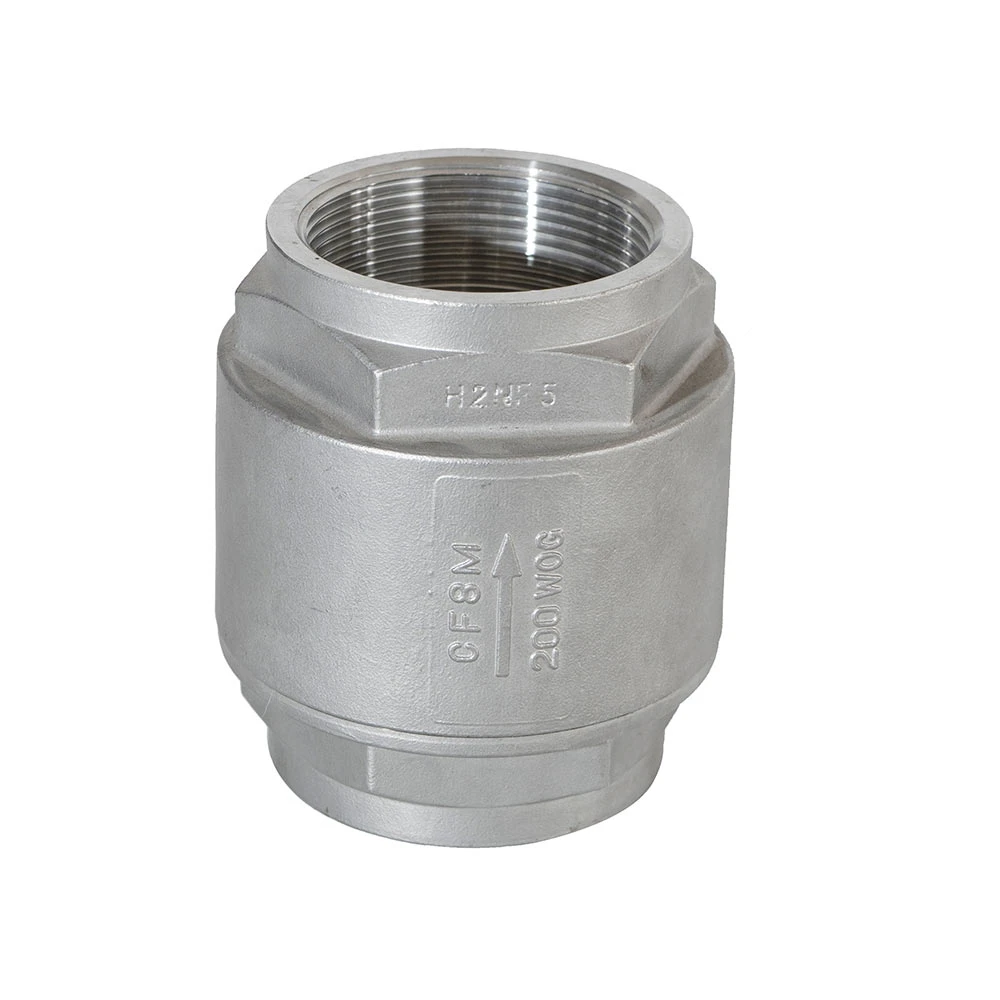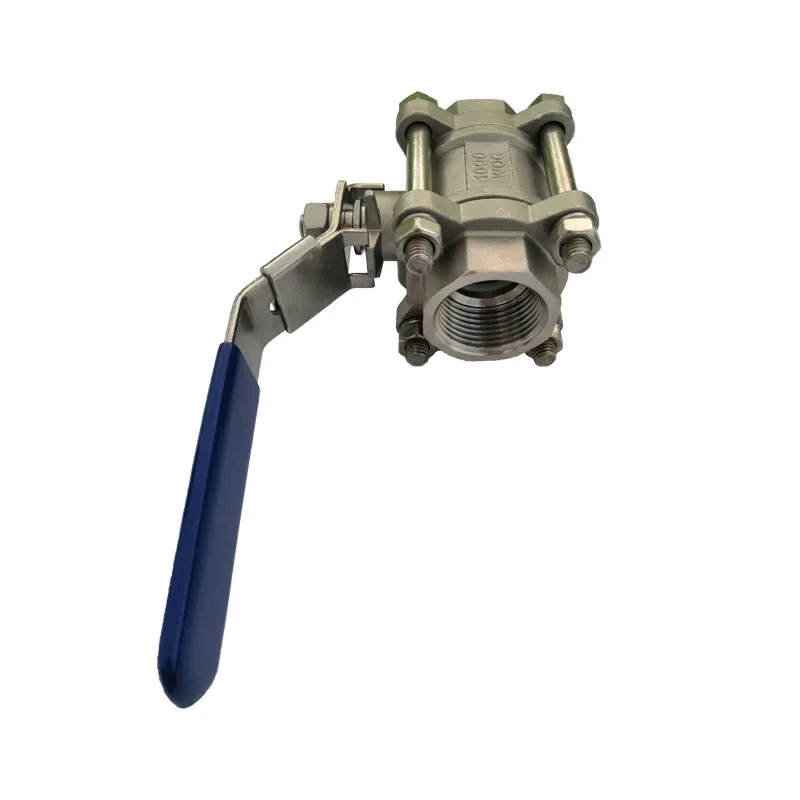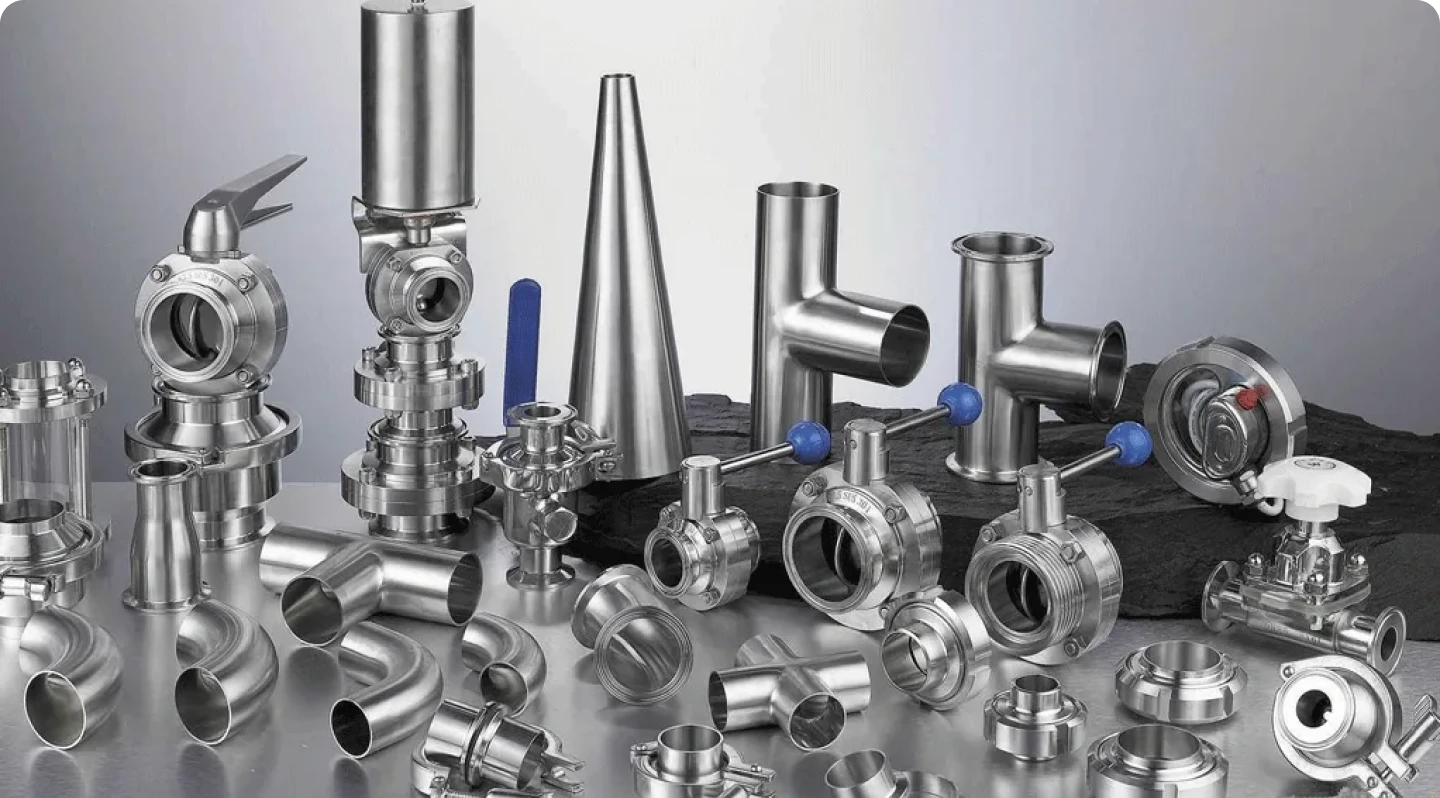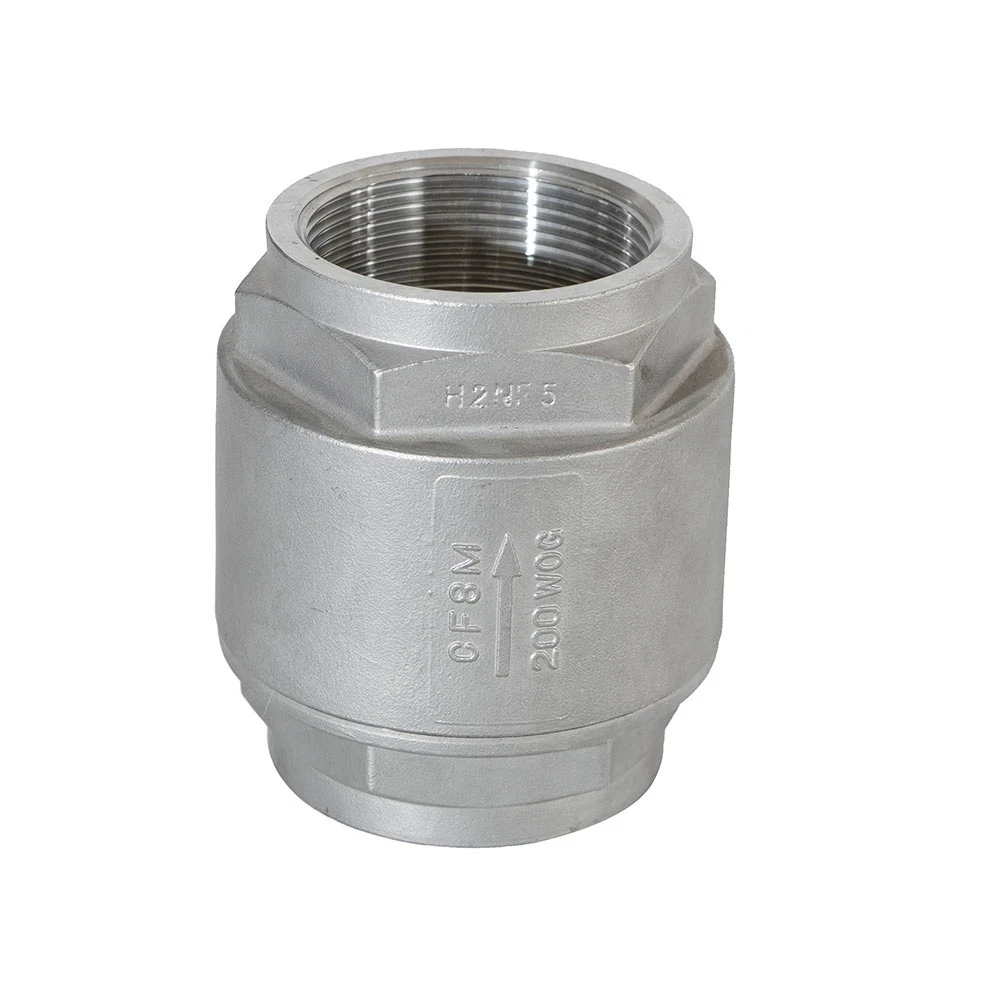In today's industrial and municipal systems, preventing backflow is critical for safety and efficiency. Check valves play a vital role in maintaining unidirectional flow across various applications from petrochemical plants to water treatment facilities. These automatic valves, including the popular swing check valve design, operate without external power - using only the medium's pressure to open and close. Leading stainless steel check valves manufacturers produce durable solutions that withstand corrosive and high-temperature environments while ensuring zero leakage. With multiple connection options and compliance with international standards, these valves offer reliable performance for any piping system.
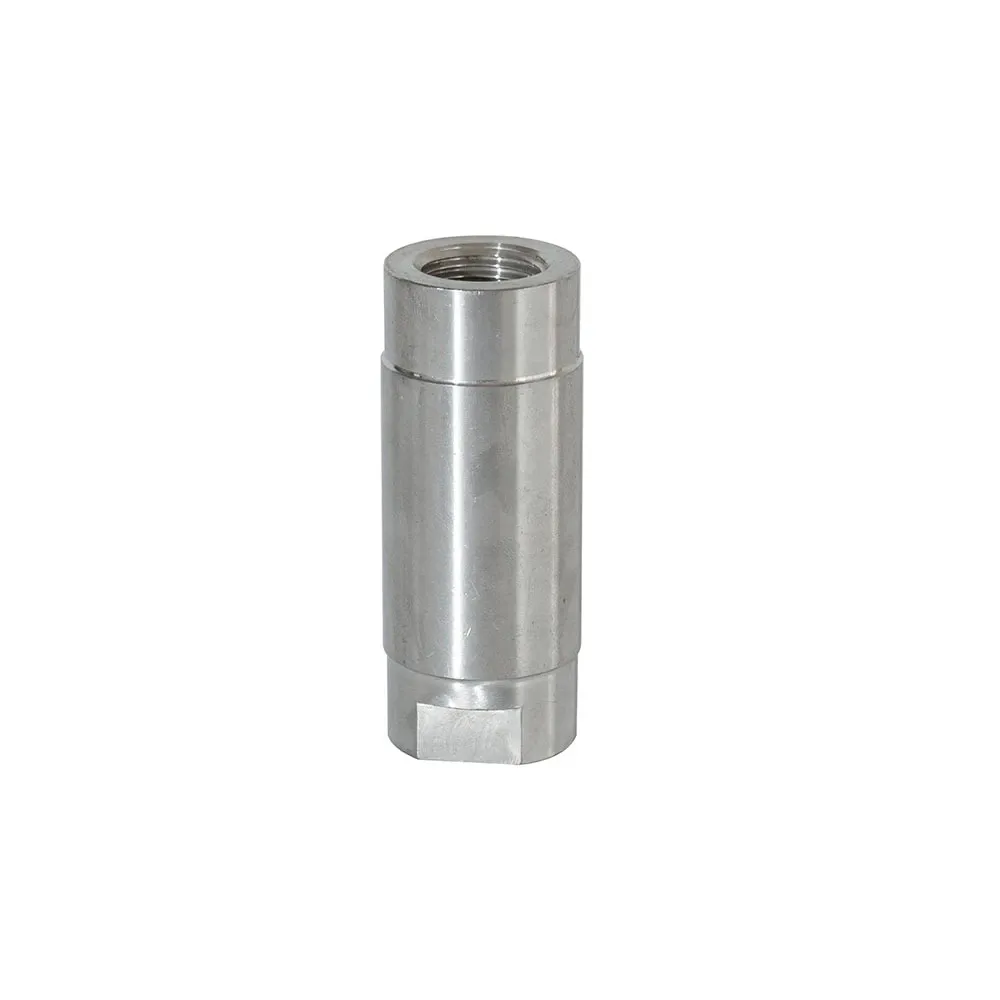
Understanding Check Valve Function in Modern Systems
The primary check valve function is to prevent dangerous and costly backflow in pipelines. Unlike manual valves, these self-actuating devices automatically respond to flow changes, eliminating the need for external controls. A swing check valve features a hinged disc that swings open with forward flow and closes securely against backflow. This simple yet effective mechanism reduces system complexity while protecting pumps, compressors and other equipment from reverse flow damage. Whether in power plants or pharmaceutical facilities, proper check valve selection ensures operational continuity and system integrity.
Why Choose Stainless Steel Check Valves?
Stainless steel check valves manufacturers emphasize durability by using high-grade materials that resist corrosion, erosion and extreme temperatures. These valves incorporate precision-machined components and high-performance sealing surfaces to maintain leak-proof operation even with aggressive media. The swing check valve design is particularly valued for its low maintenance requirements and long service life. Industries dealing with seawater, chemicals or high-pressure steam rely on stainless steel construction for its reliability in harsh conditions. From compact ½" valves to large 60" models, these solutions meet diverse application needs while complying with global standards like API, ANSI and DIN.
Key Advantages of Swing Check Valve Designs
The swing check valve stands out for its efficient flow characteristics and reliable sealing. Its hinged disc design minimizes pressure drop while providing fast response to flow changes. Unlike lift check valves, the swing check valve is ideal for horizontal pipelines and can handle varying flow rates with minimal turbulence. Top stainless steel check valves manufacturers enhance this design with features like reinforced hinges, non-slam mechanisms and replaceable seats. These improvements extend service intervals and reduce maintenance costs. The check valve function remains consistent - automatic operation, positive sealing and protection against water hammer effects in critical systems.
Selecting the Right Check Valve for Your Application
Choosing the proper check valve requires understanding your system's pressure, temperature and media characteristics. For water and wastewater applications, stainless steel check valves offer excellent corrosion resistance. The swing check valve excels in low-velocity systems where minimal pressure loss is crucial. Leading manufacturers provide technical support to help match valve specifications to project requirements, including special options for cryogenic, high-pressure or abrasive media services. With multiple end connections (flanged, threaded, welded) and compliance with international standards, these valves integrate seamlessly into existing infrastructure while delivering years of trouble-free service.
FAQs About Check Valves
What makes swing check valves different from other types?
Swing check valves use a hinged disc that moves freely with flow direction, making them ideal for horizontal pipelines where low pressure drop is important.
How often should check valves be inspected?
Most check valves should undergo annual inspection, with frequency increasing for abrasive media or high-cycle applications to ensure proper check valve function.
Can stainless steel check valves handle high temperatures?
Yes, premium stainless steel check valves from reputable manufacturers withstand temperatures up to 1000°F (538°C) depending on material grade and design.
What certifications should quality check valves have?
Look for valves meeting API 594, ASME B16.34, and other relevant standards from stainless steel check valves manufacturers to ensure reliability.
Where can I get technical support for valve selection?
Leading manufacturers provide engineering support to help select the right check valve based on your specific media, pressure and temperature requirements.

